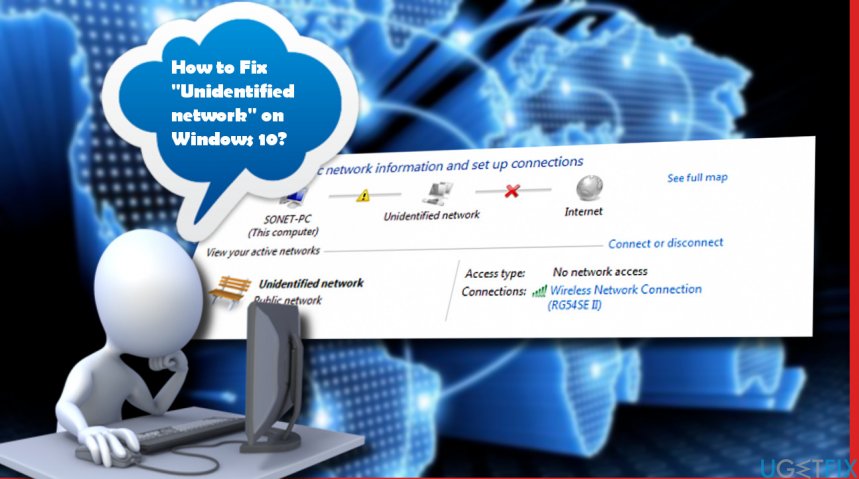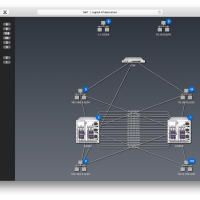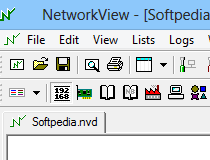
People were shocked and sometimes amused to meet a young, white, Afrikaans woman walking through townships and deserted stretches of wild nature, sleeping in the dunes, swimming through rivers. For the sake of my own integrity and healing, I felt I had no choice but to do this. Setting off on foot, on a journey of about 1,000 km, from Stilbaai, the site of all my childhood summer holidays, up the east coast to Port St Johns in the Transkei, I felt a mixture of fear and determination. I was told I would be raped, if not killed. I returned to my country on a pilgrimage, wanting to walk its land and finally visit all the places where I had not been allowed, or had not dared, to go before. The transition was finally coming, but tension and violence were at an all time high in South Africa. Nelson Mandela had just been released from prison. When I was 23 years old, in 1991, I walked a path less traveled. This is a time to have courage and go to places we haven’t been to before, make connections we haven’t made before, and create new synapses, insights, and solutions. In a similar way, we can change the well-trod avenues we follow in our everyday realities. If we take a moment now to focus on our breath, on the in- and out-flow of air, on the stillness that lies within this movement, and how it connects us to all living things around us, we can sense our awareness shifting into a more connected and spacious mode. We could shift the habitual pathways we travel within our own nervous systems. We could practice broadening our awareness. Scientists posit that we are aware of only around five percent of the total information that flows through our nervous systems. As Einstein said: “We can’t solve problems by using the same kind of thinking we used to create them.” We need to start thinking and seeing things afresh, experiencing and being in our bodies anew. We need to leave the highways that lull us into a false sense of security and start exploring some of the roads less traveled, both within and beyond ourselves. In order to acknowledge our oneness with all living systems and live accordingly, we need to have courage. The abolition of apartheid is still waiting for its fulfillment, even in South Africa. And, on a more fundamental level, as humans we have set ourselves apart from the natural world and other species that share the planet with us.

On a global level, people’s access to healthcare and wealth, their level of education and their freedom of movement are all decisively influenced by the passport they carry. It was alive and kicking then and is alive and kicking today, being reinforced with every fence and every wall that is going up. What I started to understand, though, and fully realized later, is that apartheid did not die in the early 1990s in South Africa. Unfortunately, that is not what was taught at universities in the late 1980s.
Network.destroy no networkview how to#
I studied cultural anthropology and linguistics in hope of learning how to bridge gaps through intercultural communication and help heal what was broken apart. As I came to realize the depth of injustice and pain the system inflicted, I became a very angry youth, and as a young adult, after moving to Amsterdam, I became an anti-apartheid activist. Even as a child, I started asking uncomfortable questions of my parents and teachers. And even though it was a country that was abundant with diverse cultures, I grew up in the incongruent monotony of an all-white neighborhood and an all-white school. It means “to set apart” or “to be in a state of separation.” In the South Africa of my childhood, people were set apart by the colors of their skin. The word itself comes from my first language, Afrikaans. Ecovillages are rural or urban settlements with vibrant social structures, vastly diverse, yet united in their actions towards low-impact, high quality lifestyles.


The social, ecological, economic, and cultural aspects are integrated into a holistic sustainable development model that is adapted to local contexts. Ecovillages are intentional or traditional communities, consciously designed through participatory processes to regenerate their social and natural environments.


 0 kommentar(er)
0 kommentar(er)
